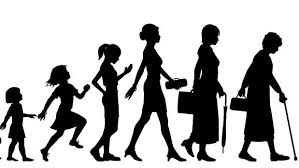“When one tries to rise above nature, one is liable to fall below it.”
– Sherlock Holmes
Exploring ‘Sherlock’s Corner’ of Mederi Medicine
From a wholistic perspective, cancer and other complex diseases require a deep investigation in several areas and involves the layering of various lenses, both macro and micro. Aptly, the Mederi Medicine approach has been greatly influenced by the problem-solving methods of the fictional detective, Sherlock Holmes. This is why I refer to the investigational component of Mederi Medicine as “Sherlock’s Corner”, to pay homage to Holmes’ logic.

Of equal relevance to the exploration, collection, and analysis of data in medicine is the understanding and application of hermeneutics. Hermeneutics is the science and method of interpretation, the process that helps us determine what is most relevant when considering the information within the context of a patient’s life story, which involves communication and relationship. Dr. Drew Leder explains that “Clinical medicine can best be understood not as a purified science, but as a hermeneutical enterprise: that is, as involved with the interpretation of (methodological) texts.” He suggests that the hermeneutics of medicine can be broken down into four text categories: “the “experiential text” as the patient’s experience of the illness; the “narrative text” as the history of the illness; the “physical text” as the objective examination of the patient’s body; the “instrumental text” as the construction by diagnostic technologies.” The information generated, when pooled together, can be useful in developing an understanding of the underlying disease, as well as a treatment plan. Leder further suggests that: “Certain flaws in modern medicine arise from its refusal of a hermeneutic self-understanding…in seeking to escape all interpretive subjectivity, medicine has threatened to expunge its primary subject–the living, experiencing patient.”[1]
Continue reading “Exploring ‘Sherlock’s Corner’ of Mederi Medicine”






